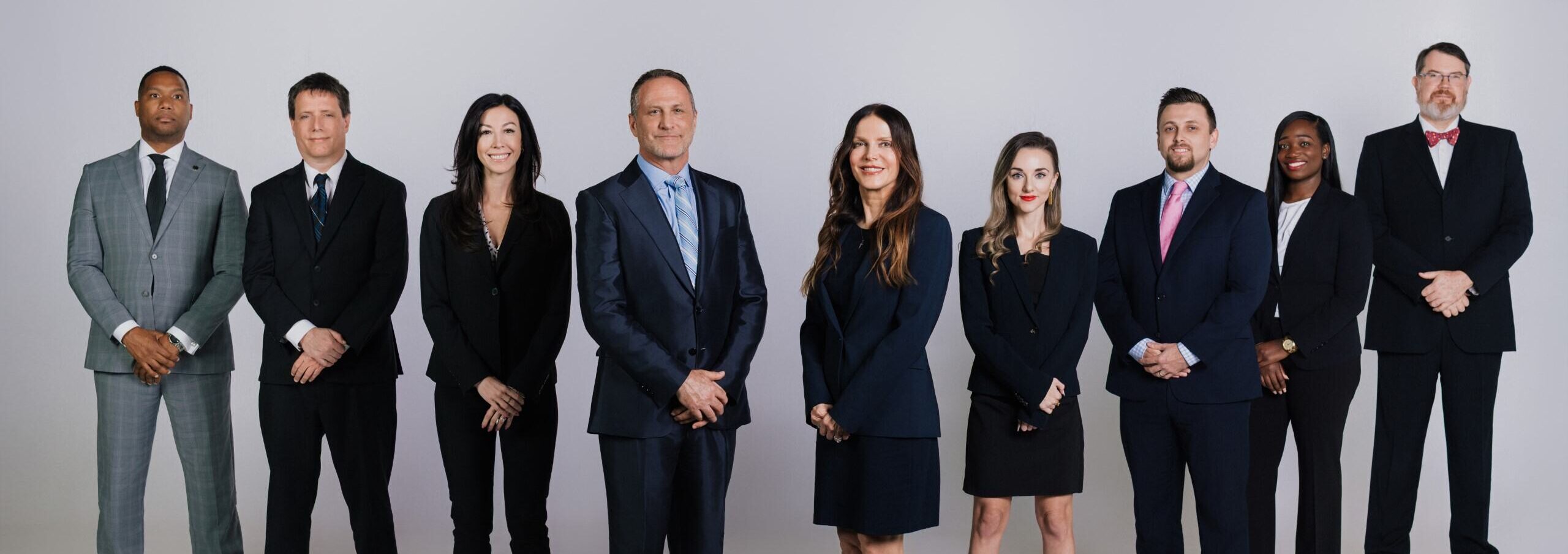
What does it mean to be charged with criminal mischief?
Anyone whose vehicle has been keyed, home has been egged, fence has been ruined by graffiti or property has been vandalized in some other way knows all too well just how maddening, frustrating and costly the experience can prove to be.
In recognition of this reality and the need for a suitable deterrent, the state has set forth some very serious consequences for those caught engaging in this sort of conduct. In today’s post, we’ll start exploring these consequences.
How does state law treat vandalism?
While you are more than likely accustomed to hearing and using the term vandalism, it’s important to understand that Florida doesn’t really use this term extensively. Indeed, the term of art is actually “criminal mischief.”
Under state law, criminal mischief is defined as “willfully and maliciously injur[ing] or damag[ing] by any means any real or personal property belonging to another, including, but not limited to, the placement of graffiti thereon or other acts of vandalism.”
What constitutes real property?
For the purposes of the law, real property covers things like businesses, homes or other structures. By way of example, consider the placing of graffiti on a garage door.
What constitutes personal property?
For the purposes of the law, personal property covers things like cars, bicycles and other individually owned items. By way of example, consider the keying of someone else’s car.
Is criminal mischief charged as a misdemeanor or a felony?
Like many other criminal offenses, the answer is that it depends entirely on the circumstances. In general, everything from the type of property vandalized and the extent of the damage to the existence of a prior criminal record will play a part in determining whether an individual is charged with a felony or a misdemeanor.
We will continue exploring this topic in our next post.
If you or a loved one has been charged with criminal mischief, don’t discount the gravity of the situation. Indeed, you should give very serious consideration to speaking with a skilled legal professional as soon as possible.



